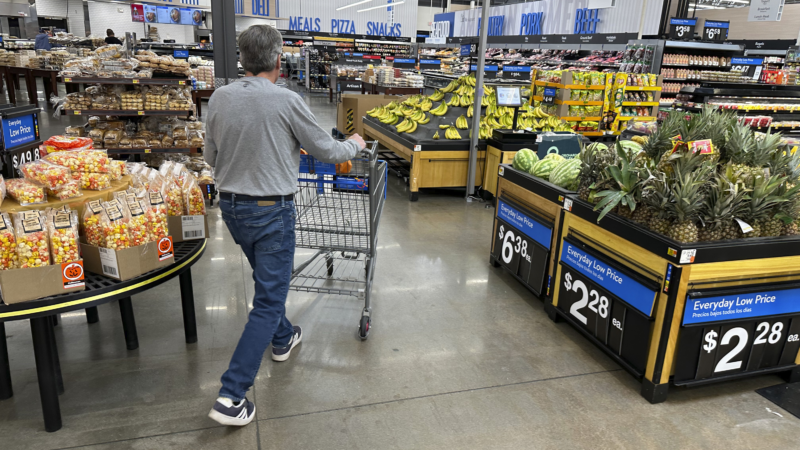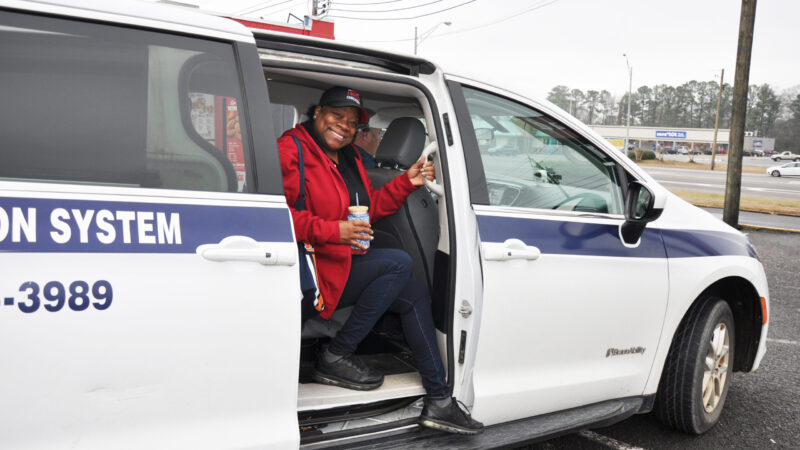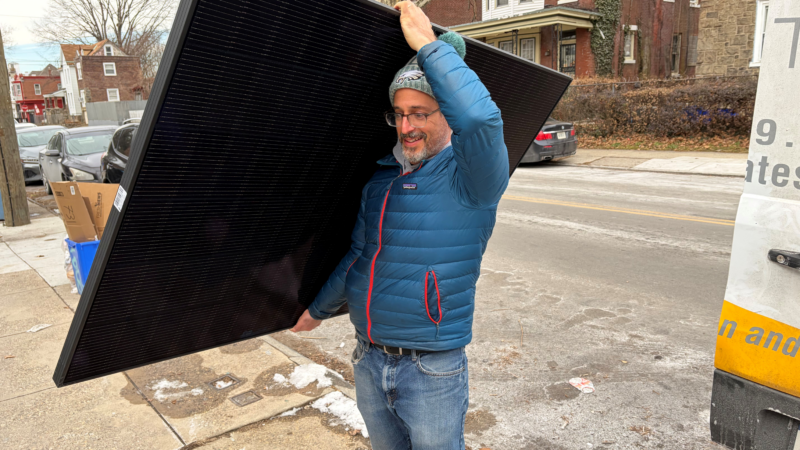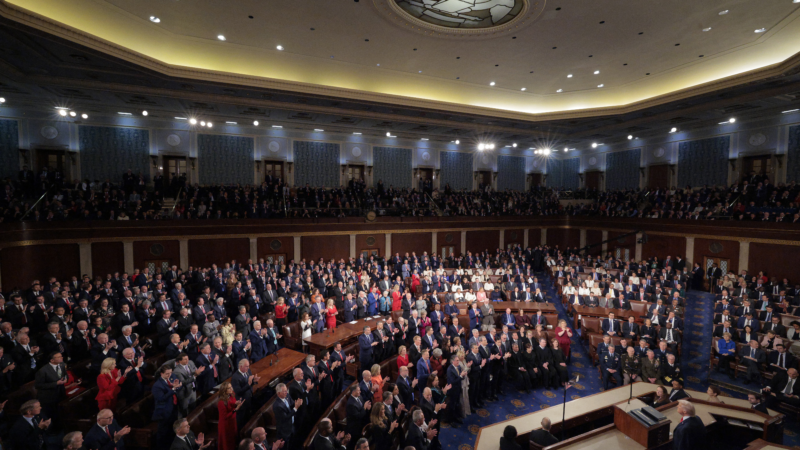Walmart says higher prices from tariffs coming as soon as this month
Walmart says U.S. tariffs on imports from China and other countries will force the retail giant to begin raising some prices as soon as this month.
The company’s CEO Doug McMillon said Thursday many items on the stores’ shelves are costing more for the company, and will start costing more for shoppers too. Walmart’s finance chief said higher prices were likely to come as soon as this month and into the summer.
Speaking to investors after releasing quarterly earnings, McMillon said Walmart will work to protect food prices as much as possible.
“We will do our best to keep our prices as low as possible,” he said. “But given the magnitude of the tariffs, even at the reduced levels announced this week, we aren’t able to absorb all the pressure given the reality of narrow retail margins in retail.”
He thanked President Trump and Treasury Secretary Scott Bessent “for the progress made recently” with a deal that temporarily eased China tariffs to 30% from 145%. McMillon said he hoped for a longer term agreement for even lower taxes on Chinese imports. And he said he hoped the government would lift tariffs on food items, such as bananas and avocados, that do not grow in the U.S. but face the universal 10% tariff when imported.
Retail sales are a key pillar of the U.S. economy, and in recent months, some people have begun tightening their budgets in anticipation of higher prices from additional tariffs. People are being selective in choosing where to spend more, such as outings at restaurants and bars, and that has helped overall retail sales from sinking and instead remaining flat in April compared to March, new government data on Thursday show.
“Consumers overall have the money, they’re just losing the will to spend it,” Navy Federal Credit Union economist Robert Frick said in a statement. “Nerves over tariffs and even the jobs market have Americans generally saving more and spending less, but consumption is still increasing, however slightly.”
Walmart, for its part, reported sales rose 4.5% in the latest quarter, between February and April. Executives said about two-thirds of Walmart’s U.S. goods are grown, made or assembled domestically. But the retailer still imports from dozens of other countries, especially electronics and toys from China.
McMillon described numerous ways Walmart is pushing to avoid higher prices. In some cases, like flowers for Mother’s Day, the company and its suppliers have moved to absorb higher import costs. Or Walmart might spread the cost hike of one item with smaller price increases across numerous items in the same department. The company has also been moving some production out of China, and it’s pushed suppliers to change materials — for example, skipping tariffed aluminum in favor of fiberglass without tariffs.
The largest consumer brands have begun warning about the state of the American consumer and cutting their sales forecasts for the year because of tariffs. That includes Pepsi (which also owns Frito-Lay and Quaker Oats), Kimberly-Clark (which makes Kleenex, Huggies and Scott toilet paper) and Procter & Gamble (which makes Tide, Pampers and Charmin).
The big theme continues to be uncertainty, as the Trump administration negotiates individual deals with different countries and shifts its stance on tariffs. The trade war ramped up at the beginning of April, so price hikes have not yet affected the cost of living, with inflation easing last month.
Lack of transportation keeps many Alabamians from working. Rural public transit programs are trying to help
While lack of transportation is a major employment barrier in Alabama, few people take public transit to work. That dynamic is even more pronounced in rural areas.
When a horse whinnies, there’s more than meets the ear
A new study finds that horse whinnies are made of both a high and a low frequency, generated by different parts of the vocal tract. The two-tone sound may help horses convey more complex information.
Hundreds of American nurses choose Canada over the U.S. under Trump
More than 1,000 American nurses have successfully applied for licensure in British Columbia since April, a massive increase over prior years.
Trump’s many tariff tools mean consumer prices won’t go down, analysts say
The Supreme Court struck down President Trump's signature tariffs. But the president has other tariff tools, and consumers shouldn't expect cheaper prices anytime soon, economists say.
Tax credits for solar panels are available, but the catch is you can’t own them
Rooftop solar installers are steering customers toward leases instead of purchases. Federal tax credits for purchased systems have ended but are still available for leased ones.
5 takeaways from Trump’s State of the Union address
President Trump hit familiar notes on immigration and culture in his speech Tuesday night, but he largely underplayed the economic problems that voters say they are most concerned about.







